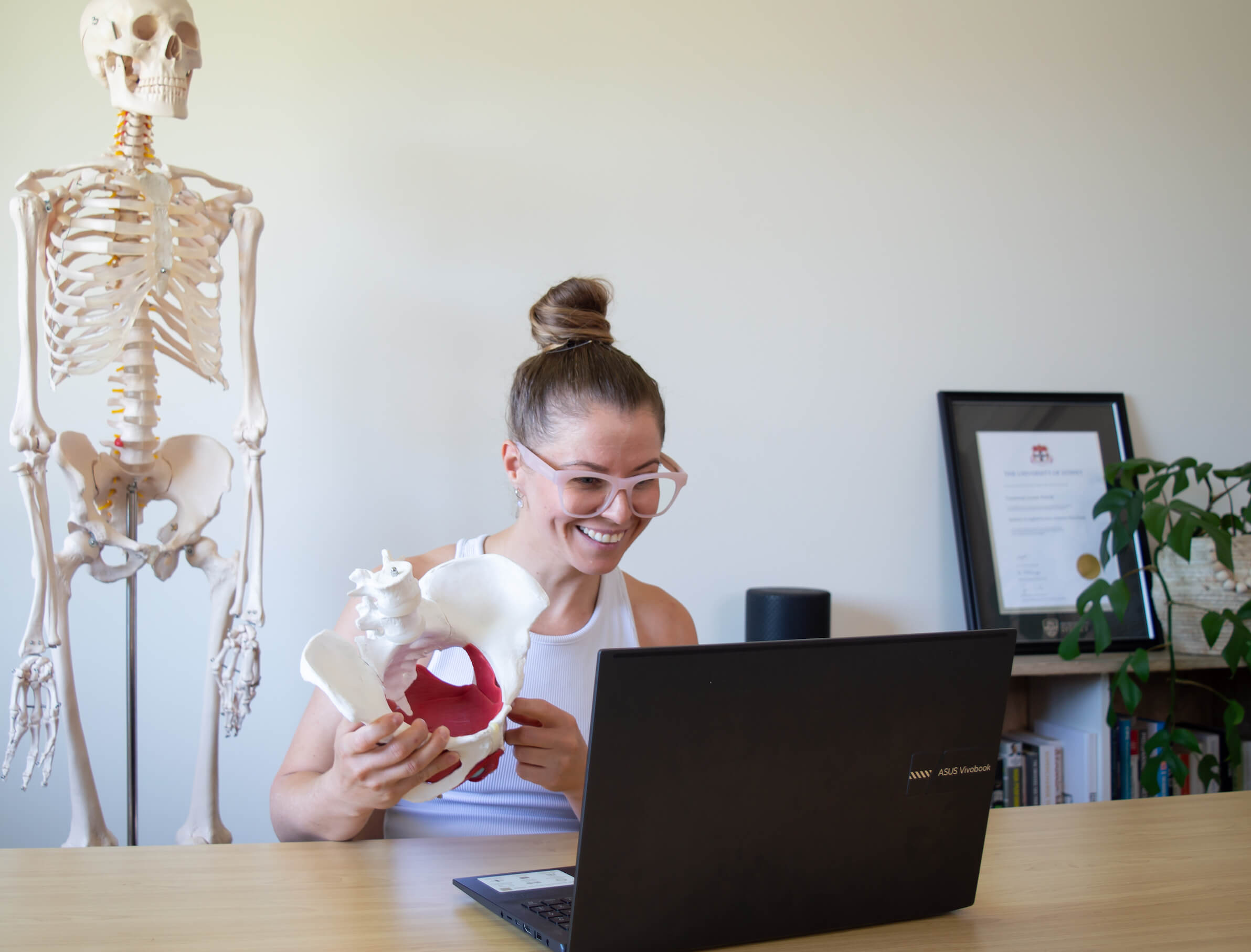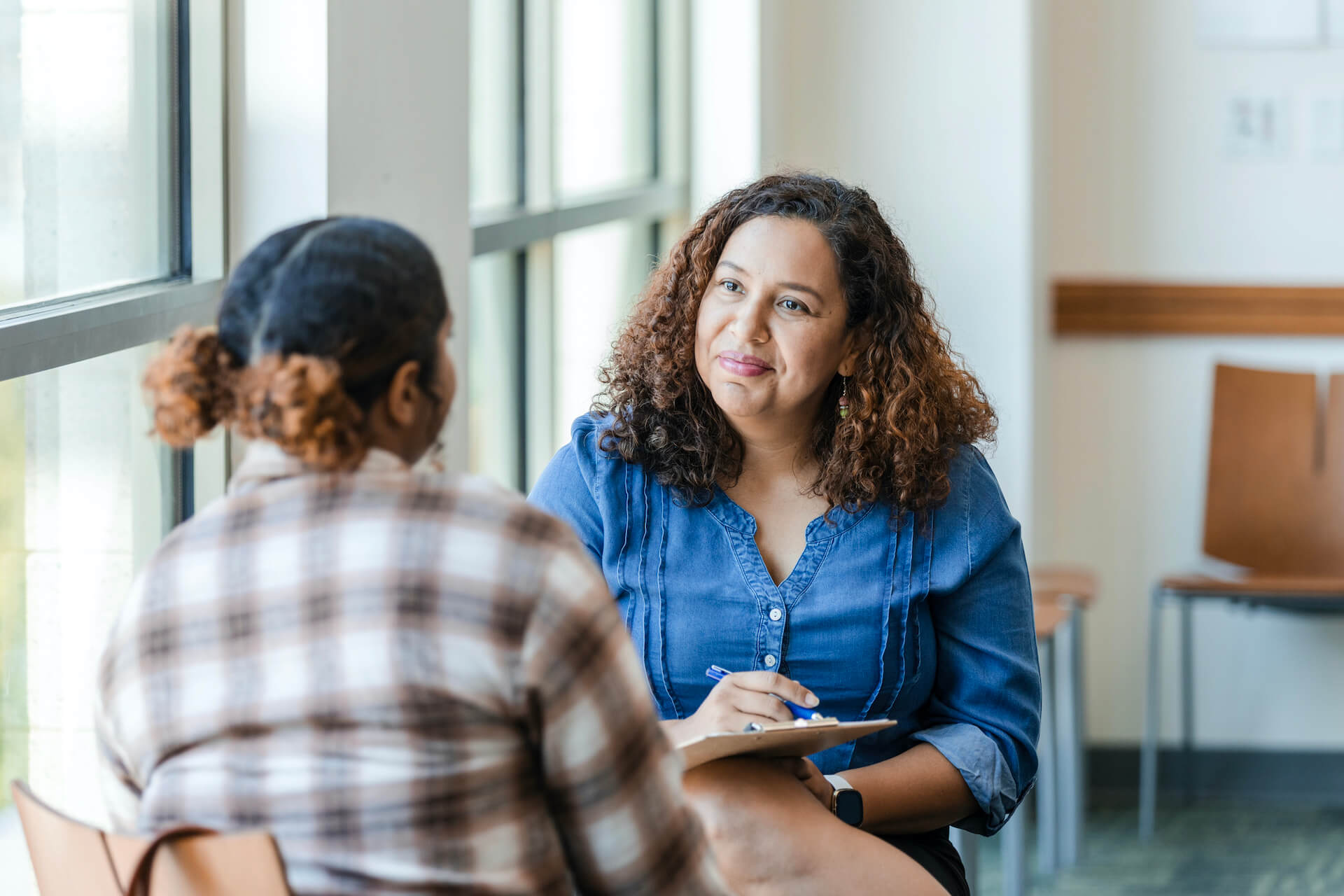We Build Capacity (Not Just Workouts)
Endometriosis and pelvic pain often lead to activity avoidance, and for good reason. Pain flares, fatigue, and unpredictability can make movement feel risky or even impossible.
But with the right support, movement becomes a tool for healing.
We focus on progressive, individualised exercise programs that gradually rebuild what pain has taken away. We help you increase your capacity to do more not through pushing harder, but through moving smarter.
We Help Prevent Flares, Not Trigger The
Exercise Physiologists are experts in program design. That means we know how to pace things properly, monitor your response, and adjust based on your symptoms, cycle, and energy.
We can:
- Modify your plan around flare-ups or fatigue
- Adjust based on menstrual cycle-related symptoms
- Teach pacing strategies to avoid overdoing it on “good days”
- Support consistency without burnout
This is more than symptom management, it’s body awareness, self-regulation, and functional resilience.
It’s About Health, Not Just Pain
Perhaps most importantly, our goal is to help you move not just to manage pain but to improve your overall health.
That means:
- Building strength to support joints, bones, and posture
- Improving cardiovascular fitness to support mood and energy
- Supporting hormonal balance, digestion, and mental wellbeing
- Reconnecting with movement in a way that feels empowering
We want you to feel stronger, more capable, and confident in your body, and in your ability to manage your condition long term.
Why Add an Exercise Physiologist to Your Care Team?
You may already be working with a GP, gynaecologist, pelvic floor physio, psychologist, or dietitian. An Exercise Physiologist complements that team by focusing on how your body moves, adapts, and builds strength over time.
At HER Exercise Physiology, we offer fully virtual consultations so you can access specialist support no matter where you are. Whether you’re newly diagnosed, post-surgery, or simply tired of the cycle, we help you take the next step toward sustainable, long-term health.
Book Now












